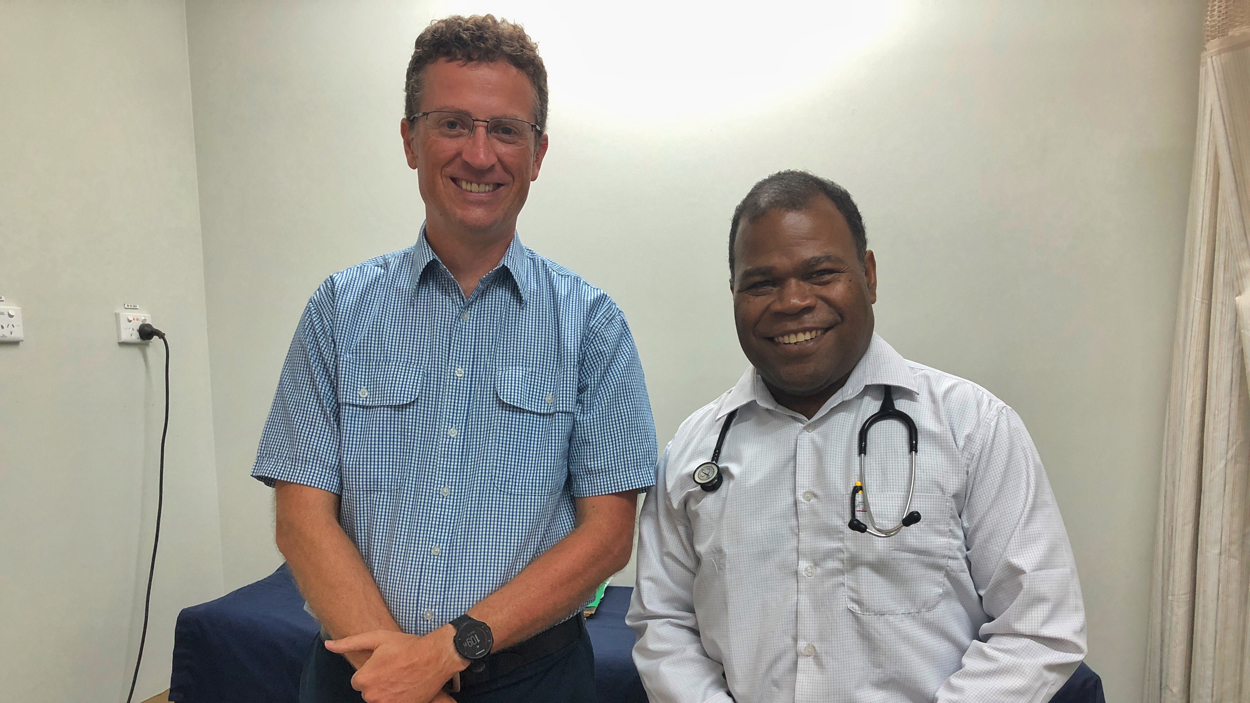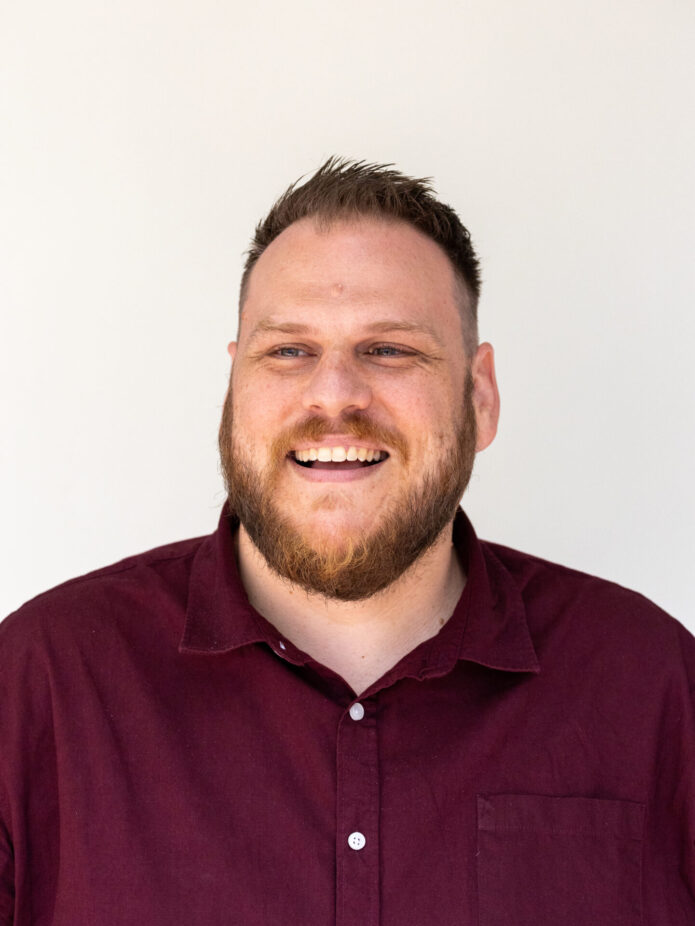CHIP facilitator training has been completed in two remote Pacific nations that have some of the highest rates of type 2 diabetes in the world in an effort to help stem the disease.
Nearly one in four people in Kiribati and more than a quarter of people in Nauru have the lifestyle disease which is a leading cause of death and disability in the Pacific.
Trans Pacific Union Mission Health director Dr Paul Wood travelled to Nauru and Kiribati to conduct the training.
In Nauru, 12 new CHIP facilitators have been trained and are looking forward to conducting Nauru’s first Complete Health Improvement Program (CHIP) in early 2019.
While in Nauru, Dr Wood met with the director of Public Health for Nauru, Dr James Auto. During this meeting, the 10,000 Toes Campaign strategy was discussed along with the recent launch of the South Pacific Society of Lifestyle Medicine, a society that is being established to equip and train health professionals across the South Pacific in evidence-based strategies to combat non-communicable diseases such as type 2 diabetes, stroke and heart disease. The South Pacific Society of Lifestyle Medicine is a direct beneficiary of funds raised by the 10,000 Toes Campaign.

On the island of Tarawa, Kiribati, 19 people were trained as CHIP facilitators and they also plan to run their first program in early 2019.
As a group-based lifestyle education program, CHIP is equipping people in the Pacific Islands with the knowledge and skills needed to effectively combat the pandemic of type 2 diabetes and other non-communicable diseases. Training CHIP facilitators is a component of the church’s 10,000 Toes Campaign.
To learn more or donate to this campaign visit 10000toes.com.






